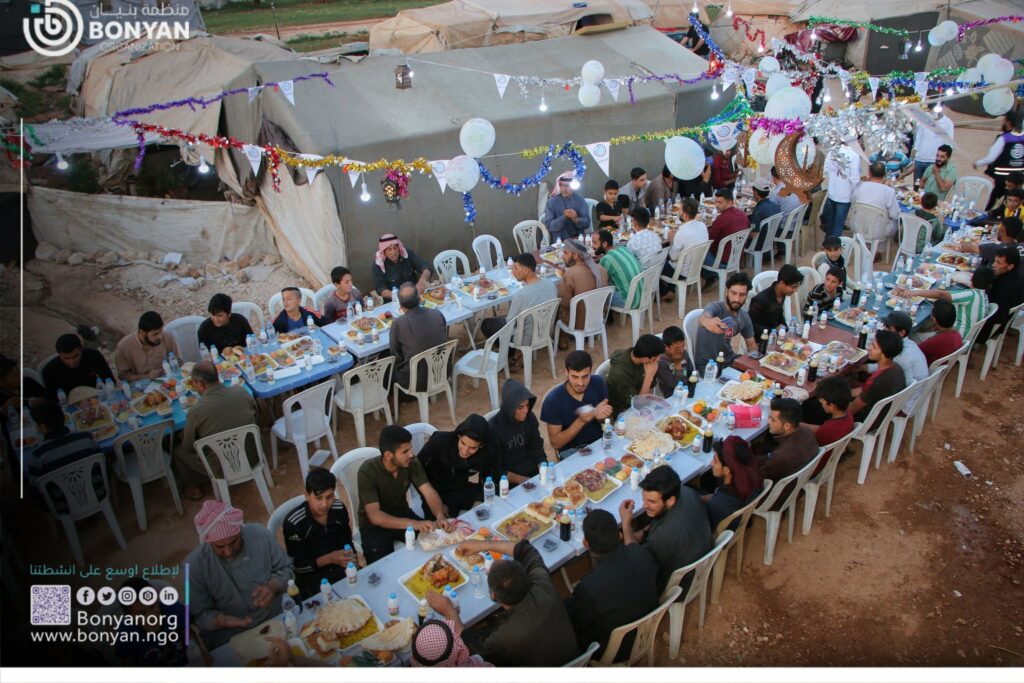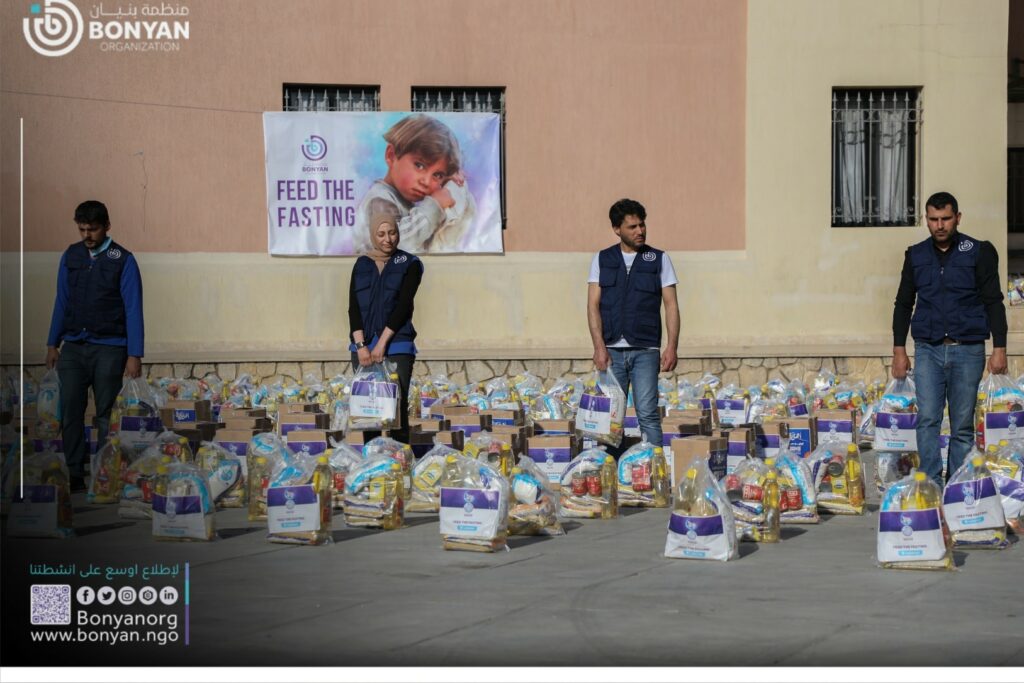Ramadan is indeed the most ideal time of the year for self-introspection and self-awareness.
This process entails an inner process of heart purification which is conducted through fasting not only from food and drink but also from all kinds of worldly, sensual pleasures.
In this article, we discuss what role Ramadan plays in cleansing our sins and purifying our hearts, as well as the role of sadaqah.
Ramadan is a time for self-reflection
The month of Ramadan is certainly a great time for self-reflection and seeking forgiveness.
During the blessed month of Ramadan, people should let go of their anger and settle any arguments or resentments that they might have with the people around them. Ramadan is also a great opportunity to solve your anger management issues.
In Ramadan, Muslims should undergo a process of self-introspection and self-awareness to understand themselves in a better way.
In other words, Muslims should take the time in this month to know their weaknesses, strengths, feelings, goals, and desires.
Most importantly, since Muslims are encouraged to abstain from all kinds of sins during Ramadan to maintain their fast, this will teach them many things about their personality and limits.
Ramadan also provides Muslims with a great opportunity to assess their relationships with Allah (SWT), themselves, and the people around them.

Begin with duaa to yourself during Ramadan
During the month of Ramadan, Muslims should seek Allah’s forgiveness for past sins and do the inner work of purifying their hearts.
In order to realize such an aim, Muslims should take this time of the year to intensify their supplications for guidance and forgiveness (performing duaa’) to themselves, their families and loved ones, and all the people around them.
Compassion and empathy
Compassion and empathy are key sentiments that Muslims should be feeling towards other people’s emotions.
It is an internal process that involves familiarizing yourself with others’ emotions.
Such concepts are especially vital during the month of Ramadan in order to understand the emotions and feelings of the underprivileged groups and sympathize with them.
Additionally, this step is crucial because it helps you comprehend people’s points of view and actions.
This process also nourishes the soul and clears the mind as you refrain from all bodily compulsions and put your inner instincts under strict control and constant check.
Unity and solidarity
Muslims all over the world are required to stay connected and bound together to face all challenges and difficulties. The unity of the Muslim community is key because it is the source of their strength.
Particularly, Muslims are even more encouraged to keep their unity during the month of Ramadan and feel the pain and agony of their Muslim brothers in poor and disadvantaged communities.
Those communities, certainly include the refugee camps which are living in bad conditions and deprived of the necessities of life such as food, electricity, and blankets.
Undoubtedly, life for refugees living in these underserved camps is unbearable. This is because they are encountering many hardships on a daily basis, especially young children.
Gratitude and generosity
Ramadan is an opportunity to fill our hearts with gratefulness and appreciation for all the gifts in our lives that we usually take for granted.
When we refrain from all the sensual blessings that we have during Ramadan, such as food and water, we allow ourselves to feel the pain of the poor and realize the magnitude of privileges that we are surrounded by.
Thus, Ramadan is a great chance to remind ourselves of such gratitude and be generous to those who are less fortunate and less privileged than us.
Ways to do this includes donating to the refugee communities who lack life necessities.

Spiritual growth
There is no greater opportunity to purify one’s soul and mind than in the blessed month of Ramadan.
During this time of the year, Muslims refrain not only from food and drink but rather from many life pleasures, which helps improve their willpower to stay away from sins throughout the rest of the year.
Therefore, Ramadan is the best time of the year for self-purification as we undertake a journey of expanding our consciousness and spiritual peace.
Rewards in the hereafter
In Ramadan, Muslims sacrifice all their worldly needs for the sake of pleasing Allah (SWT).
Thus, Muslims were promised enormous rewards for fasting during this month as well as conducting other good deeds that are greatly compensated in the hereafter, especially fasting.
Allah (SWT) said, “With the exception of fasting, for it is done for Me, and I will give a reward for it, for one abandons his passion and food for My sake,” (Sahih Muslim).
Therefore, there is no better deed in Ramadan, apart from fasting, than giving charity to people in need.
Help us at Bonyan organization to provide the refugee communities with their needs to bring joy to their hearts and smiles to their faces during this month!
Resources
- What are the rewards for fasting in Islam? Religious, Health and Mental Benefits.
- Soul purification: How Ramadan is an opportunity for spiritual growth.
- Post Ramadan Gratitude and Generosity.
FAQs
What is the importance of charity in Ramadan?
Charity during Ramadan is hugely encouraged and rewarded, especially by giving iftar to fasting people.
What are the 4 deeds in Ramadan?
The most important 4 deeds in Ramadan are:
1. Fasting.
2. Reading Quran.
3. Remembering Allah.
4. Giving sadaqah and zakat al-Fitr.
What are the 5 values of Ramadan?
The 5 values of Ramadan include:
Self-control.
Purification of the heart.
Gratitude.
Charity and generosity.
Acts of kindness.
What are the 3 reasons Ramadan is important?
Ramadan is important because it is an opportunity for:
Self-reflection.
Self-restraint.
Asking Allah for forgiveness.



